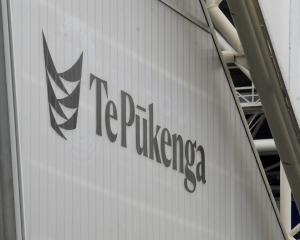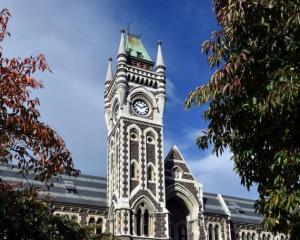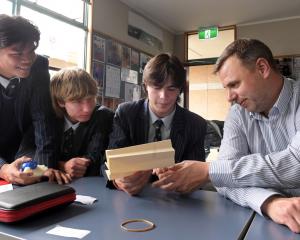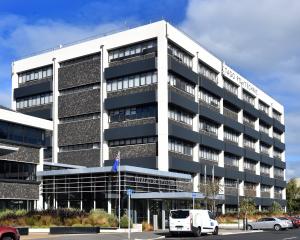
What does the term global warming mean to you? To some people, it's about sea levels rising or holes in the ozone layer, or maybe something that's going to affect polar bears in the future.

But do you ever stop and think how global warming might affect us directly in our daily lives in Central Otago?
Hundreds of people from Wanaka and around Otago go skiing and snowboarding every winter, but this fun recreational sport could be at risk.
Global warming is likely to affect snowfall over the coming years.
This is not just going to affect our fun, but also the local tourism industry and economy.
The ski industry relies on predictable, regular snowfall. But climate change and global warming is expected to increase temperatures, reduce snowfall and shorten ski seasons.
Scientists have warned the Southern Lakes district that its ski fields are vulnerable to climate change and are predicting one day the snow will disappear.
This is already happening in other places around the world such as Homewood in California, which was forced to shut down twice last season due to lack of snow.
Imagine looking up the lake in the middle of winter and seeing bare mountains.
Imagine a future, when on gloomy inversion layer days, we can't escape up the mountain into the sun to shred with our friends.
Imagine no chance of snow days closing school.
There are many people that work in the ski industry, and for many it is their sole source of income as they follow the snow from season to season.
Ski instructing or patrolling might be their only qualification, and now their job security is at risk.
Scientists have predicted that in a warmer climate, the more serious outcome is that the snow pack will decrease by between 8% and 28% of the present snow depth by 2040. By 2090, it will decrease by between 21% and 65%.
At lower elevations, this is even more extreme, with the snow pack likely to decrease between 17% and 55% by 2040, and between 52% and 91% by 2090.
Fortunately for us, it is not as bad as originally predicted.
We might not get snowfalls as regularly or as heavily, but we should be able to continue machine-making snow even in the more extreme outcomes for at least another 75 years.
Knowing this information enables ski fields to prepare in advance. For example, the Remarkables is spending $45 million on upgrading facilities and snow making.
Ski industry consultant Hamish McCrostie said: "We're going to be able to make snow in 2040, so I'm confident that we will still have skiing in Queenstown in 2040 - no doubt about it.
"As time goes on, the snow will inevitably go away. It's going to become an issue over 40 to 50 years, and longer, into the future.''
Global warming is not only going to affect the ski industry, but the tourism industry and Central Otago economy as well.
The tourism industry brings in thousands of people every year for winter sports.
Less snowfall will have a significant effect on the economy.
This is because not only will the ski fields suffer from lack of tourism, but so will other businesses that rely on tourists such as restaurants, rentals, retailers, gas stations, transport and accommodation.
In July and August each year, records show international tourists double in numbers coming into Queenstown.
So if there is no snow, this would have a massive impact on tourist numbers in winter. This would affect the income of many local businesses.
This is only one of many things that climate change can affect. There are many more aspects under threat, including eco systems and water supplies.
So overall, global warming is something we should take seriously, and we should make the most of skiing while we still can.
- By EMILY SCOTT
(Year 12, Mount Aspiring College)











